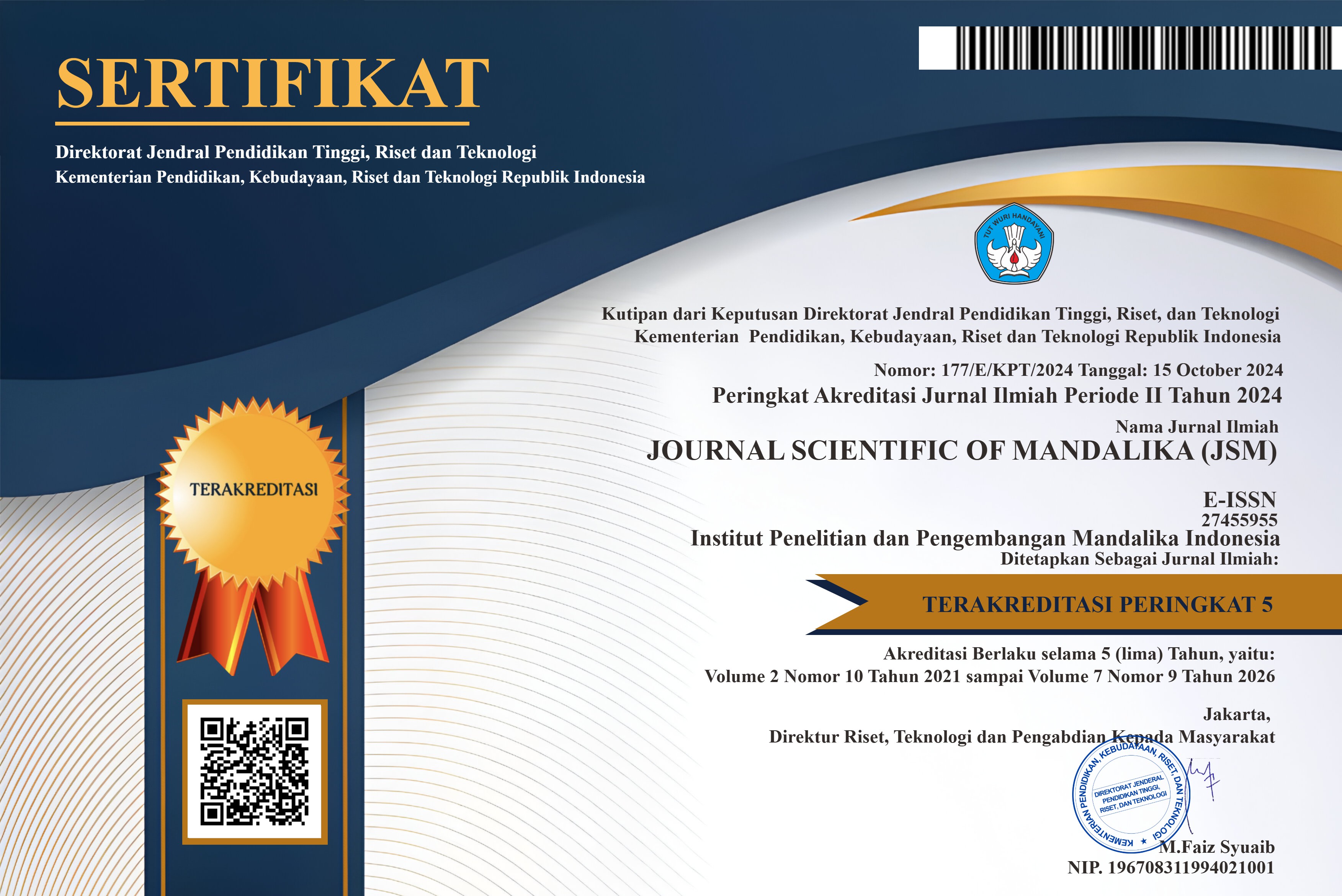Penerapan Prinsip Maṣlaḥah Dalam Praktik Istibdâl Aset Wakaf (Studi Istibdâl Tanah Wakaf Persyarikatan Muhammadiyah di Wonorejo Kaliwungu Kendal, Tanah Wakaf Musholla Minan Nur di Lakarsantri Surabaya, Tanah Wakaf Musholla Daarul Ihsan di Menteng
Abstract
The study under this thesis aims to describe the process and procedures of waqf of istibdâl asset practices based on the concept of waqf legislation, and the application of the maṣlaḥah principle in its implementation. The objects of waqf in this study are the waqf of land of Muhammadiyah Organization in Wonorejo Kaliwungu Kendal, the waqf of land of the Minan Nur Lakarsantri mosque in Surabaya and the waqf of land of the Daarul Ihsan mosque in Menteng Atas Setiabudi, South Jakarta. This is a qualitative research with a case study approach that describes social reality and empirical symptoms in the practice of istibdâl waqf. Primary data were obtained through documentary studies, observations, and interviews, while secondary data were collected through library material studies. The resulting data were then analyzed descriptively and qualitatively.The findings of the study are: first, the process and procedures for licensing of istibdâl waqf is more dominant and it emphasizes the administrative, verification and calculative aspects with the main orientation on calculating the material value of the exchanged assets and the legal status aspect of the replacement assets. There is no apparent elaboration of the level of urgency as a reason for istibdâl waqf and the fulfillment of the principle of maṣlaḥah, so that there seems to be a lack of synchronization between waqf legislation and its implementation. Second, the practice of istibdâl waqf is not always carried out for urgent reasons or maṣlaḥah ḍarūriyyāt, such as the waqf of land of the Muhammadiyah Organization in Wonorejo Village, Kaliwungu, Kendal, which was carried out because it was threatened by tidal water and was included in an industrial area, but also because of considerations of very urgent needs or maṣlaḥah ḥajiyāt to obtain ease of management that brings greater benefits such as the istibdâl waqf of the al-Huda prayer room in Lakarsantri Village, Surabaya, or for reasons of beauty and expansion of the use of waqf assets or maṣlaḥah taḥsīniyyāt such as the istibdâl waqf of land of the Daarul Ihsan prayer room in Menteng Atas Setiabudi, South Jakarta.
Copyright (c) 2025 Agus Nafi’, Dawud Arif Khan, Nurkhalis Muchtar

This work is licensed under a Creative Commons Attribution-ShareAlike 4.0 International License.














